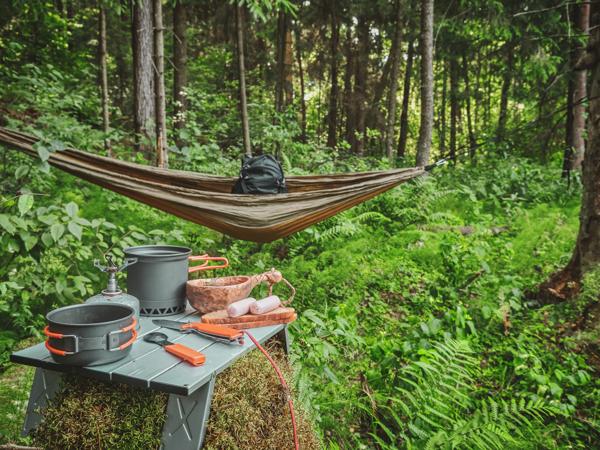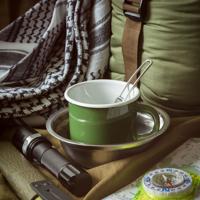When preparing for an outdoor adventure, a reliable first aid kit is an essential part of your packing list. For campers seeking to minimize their environmental footprint, sustainable first aid kits offer a responsible alternative. These kits are designed with eco-friendly materials and practices in mind, all the while ensuring safety and preparedness.
Eco-Friendly Materials
The composition of traditional first aid items often includes non-biodegradable plastics and single-use supplies that contribute to waste. When selecting a sustainable kit, look for the following materials:
-
Bamboo Bandages: Unlike conventional plastic bandages, bamboo bandages are biodegradable and derived from renewable sources. They provide the same protective benefits while being kind to the planet. Brands like PATCH offer compostable alternatives, which return to nature after use.
-
Organic Cotton Swabs and Gauze: Opt for products made from organic cotton, which is grown without harmful pesticides. This minimizes soil and water contamination, supporting more sustainable farming practices.
-
Recycled Packaging: Choose kits with packaging made from recycled materials. This reduces the demand for virgin resources and encourages the circular economy by giving new life to old materials.
Refillable and Multi-Use Products
Consider first aid kits that emphasize refillable components and multi-use items. Here are some thoughtful examples:
-
Metal and Glass Ointment Containers: Instead of plastic tubes that are difficult to recycle, select ointments that come in metal tins or glass jars. These containers can be repurposed or recycled efficiently.
-
Reusable Ice Packs: Compact gel packs that can be frozen and reused offer sustainable ways to manage injuries. Look for those made with durable materials and non-toxic gel filling.
-
Washable Cloth Wraps: Use cloth wraps for securing bandages as an alternative to single-use tape. These can be reused numerous times, reducing landfill contributions.
DIY Sustainable Kit Essentials
Creating your own sustainable first aid kit allows for customization and personal accountability in your ecological impact. Consider including:
-
Herbal Remedies: Natural remedies like arnica or calendula ointments can be effective for soothing bruises and skin irritations. These plant-based solutions often come from ethical farming practices.
-
Natural Splint Materials: In a pinch, sticks or branches can substitute commercial splint materials. Learn how to effectively use nature’s resources in emergencies by reviewing resources from the Wilderness Medical Society.
Thoughtful Disposal
After use, the proper disposal of first aid supplies is crucial. Follow these practices to minimize impact:
-
Compost Biodegradable Items: Materials such as bamboo bandages and organic cotton products are typically compostable. Ensure they’re disposed of properly in a composting environment.
-
Recycle Where Possible: Recycle any packaging or containers per local guidelines. For items that cannot be composted, ensure they’re sorted and disposed of in a way that supports recycling initiatives.
By integrating sustainable first aid kits into your camping gear, you can prioritize wellness for both yourself and the environment. It’s all about making considered choices that align with a broader commitment to sustainability. With a little thought and preparation, your camping adventures can be safe for both the participants and the planet.




